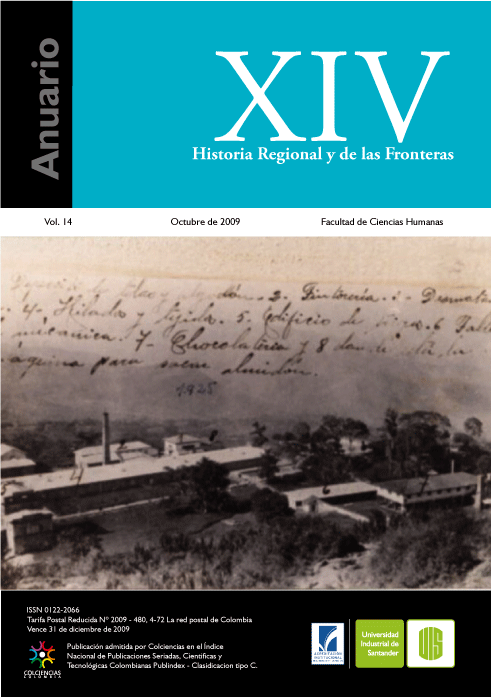Intolerancia, militarismo y confianza del Estado en las políticas represivas: Cuba y Argentina en la primera mitad del siglo XX
Published 2009-01-19
How to Cite
Abstract
This article discusses the relationship between practices intolerant, violent insurgency and repressive policies of the State. We use two cases of the twentieth century in Latin America: Argentina between 1890 and 1930 and Cuba between 1933 and 1959. The general hypothesis is that there is a relationship between social violence and a) the growing trend towards militarism and confidence in the repressive state, b) the presence of a strong social inequality, economic and political, and c) the level of development democratic institutions. The study of two cases shows a link between the escalation of violence and the decline of the legitimacy of the state. Benchmarking evidence as the violent repression by the state can produce very different effects, due to historical, political culture and institutional structure.
Keywords: Violence, Politic, State, Argentina, Cuba.
